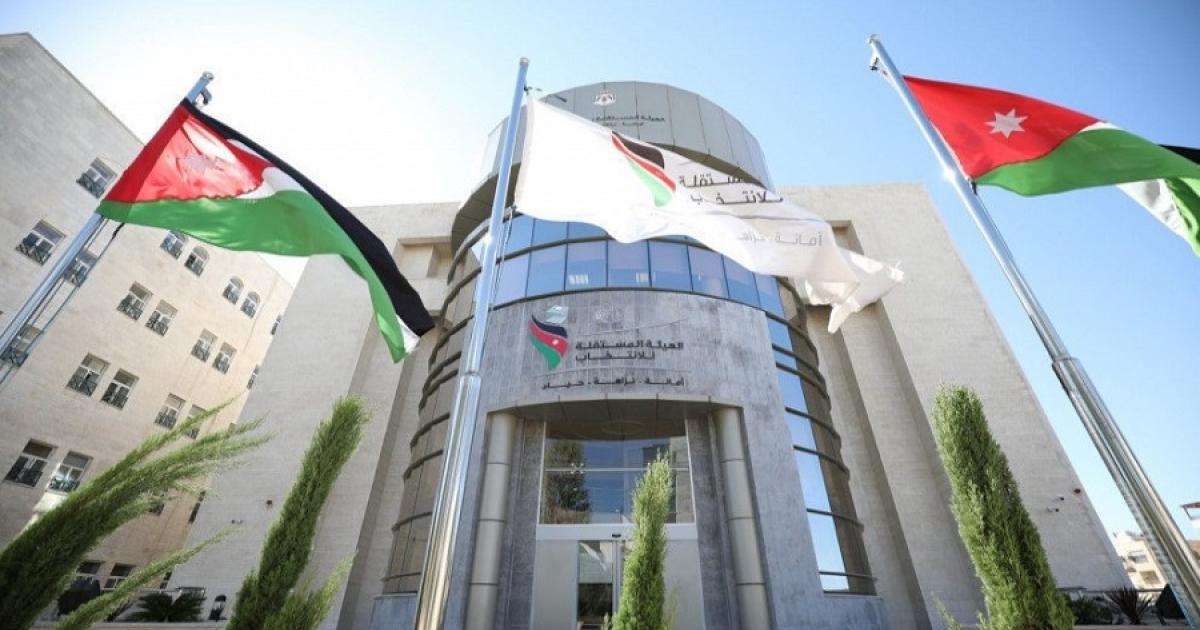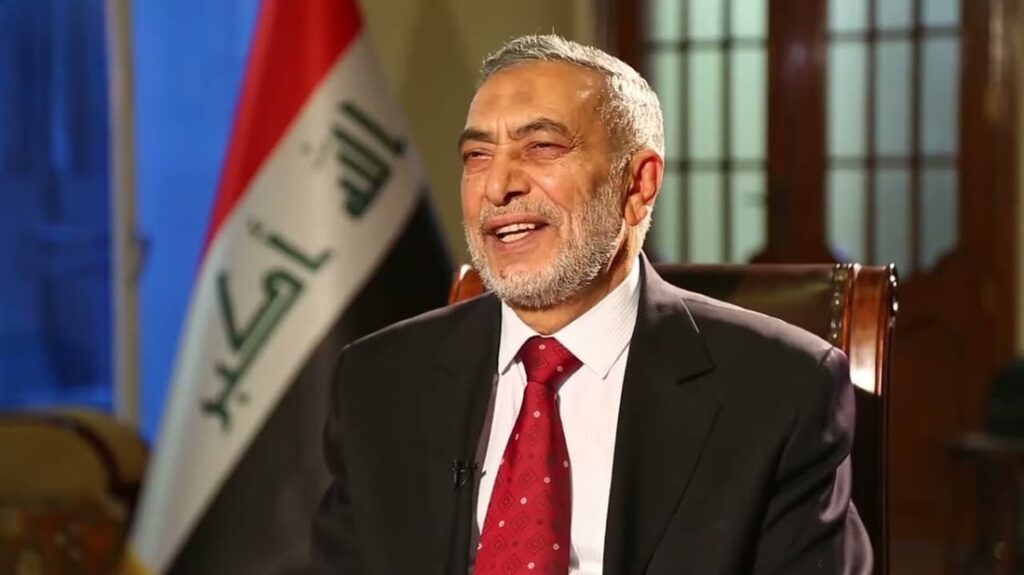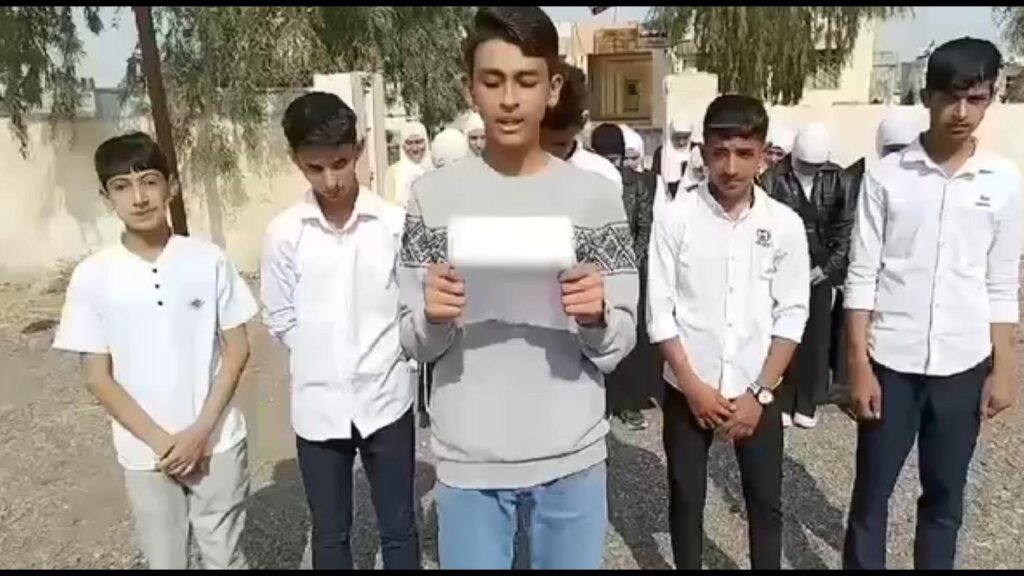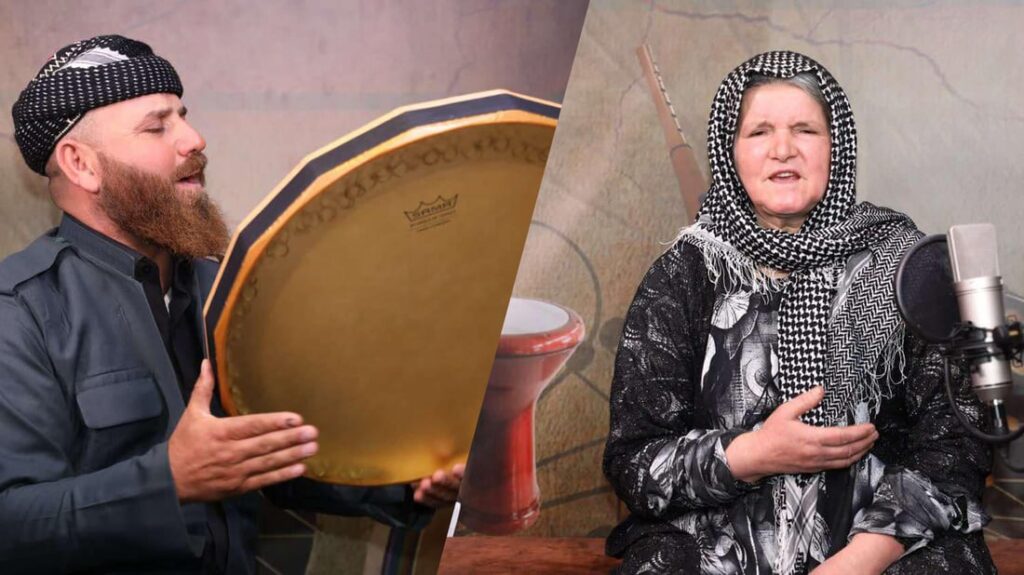Controversy ensues as Jordan grants license to Ba'ath party, sparking outrage in Iraq

Shafaq News / A heated debate has been unfolding in Iraq for several days after the Election Commission in Jordan announced that it had granted the Arab Socialist Ba'ath Party a license to legally engage in political activities within the kingdom.
While Amman asserts that the party is an indigenous Jordanian political organization operating solely within the borders of the kingdom, Iraqi political factions express their strong opposition to granting a license to the party, particularly following the chants by its supporters calling for its return to Iraq and a change in the current political system.
These factions caution that despite the party being banned in Iraq, their concerns stem from the fact that the Ba'ath Party advocates for Arab nationalism, a call that transcends the borders of Jordan and extends to other nations.
Jordan's Arab Socialist Ba'ath Party has been operating within the kingdom since the early 1990s, holding a valid license and not previously dissolved. It is subject to all existing laws in Jordan and prohibited from operating outside the kingdom, like other political parties, according to statements by the spokesperson of the Election Commission in Jordan, Mohammad Rawashdeh.
Rawashdeh told Shafaq News agency that "the party recently reconciled its status under the provisions of the new Political Parties Law, which was approved in the middle of last year. Alongside 25 other parties, they aligned their conditions by increasing the number of founding members to 1,000, with women representing no less than 20% of the members and youth representing no less than 20% as well. Additionally, party members must come from at least six Jordanian governorates. The party has managed to meet these requirements."
Scores of individuals took to the streets of the Iraqi capital yesterday morning in angry protests against the Jordanian authorities allowing the Arab Socialist Ba'ath Party to engage in political activities on its soil. They demanded that the Iraqi government take necessary measures against Amman.
Hassan Salim, the head of the Committee for Martyrs, Political Prisoners, and Sacrifices, who participated in the demonstrations, addressed the remnants of the Ba'ath Party, saying, "The Ba'ath Party's chapter has been burned and closed. If you contemplate a return, you will encounter bodies and determined soldiers ready to crush you."
In this context, Hayder al-Lami, a leader in the State of Law Coalition, mentioned that "the Ba'ath Party exists in several countries, but the objection arises when this party, upon being granted a license, starts chanting slogans related to the Iraqi regime and the return of the Ba'ath Party to Iraq."
In an interview with Shafaq News agency, al-Lami clarified that "the Ba'ath Party advocates for Arab nationalism, and this ideology extends to other countries." He noted, "Jordan itself stood against the Ba'ath Party in Iraq during the Saddam's invasion of Kuwait."
He further stated, "Iraqi leaders from the Ba'ath Party are still present in Jordan, and they played a negative role in Iraq during the 1970s, 1980s, 1990s, and even into the 2000s. Therefore, we reject the party's license and call on the Arab League to take a positive stance in this regard."
Al-Lami affirmed, "the Ba'ath Party is banned in Iraq, and if there are any attempts by the Ba'ath Party or its affiliates to enter the Iraqi political arena under a different name, we will monitor and take punitive measures." He warned, saying, "Anyone who brings the Ba'ath Party or its henchmen or anyone who represents the Ba'ath Party under a different disguise will face our opposition, just as the Islamic Dawa Party did when Saddam was in power."
The Islamic Dawa Party, led by former Iraqi Prime Minister Nouri al-Maliki, strongly protested against granting the Ba'ath Party permission to operate in Jordan, considering it a "provocative act."
In contrast, Saleh al-Mutlaq, former Deputy Prime Minister, pointed out that "the Ba'ath Party exists in Syria, Jordan, Lebanon, and Sudan, and it competes in elections. Preventing its participation does not mean controlling everything; this is not right."
Al-Mutlaq, who spoke to Shafaq News agency, clarified that "the Ba'ath Party in Iraq is currently banned. However, the political system that has been in place for 20 years and still fears a party that has been eradicated is an insecure system that does not deserve to lead Iraq." He called on the current political system to "change its approach" and allow anyone who desires to run for elections.
Based on the aforementioned, Hazem Ayyad, a political analyst and researcher at the Al-Ummah Center for Studies in Jordan, believes that "Jordanian-Iraqi relations are vital and growing, driven by the positive climate of reconciliation in the region, and they are not so fragile as to be affected by the media controversy surrounding an internal Jordanian issue unrelated to Iraq."
Ayyad emphasized, in his conversation with Shafaq News agency, that "Jordan has parties such as the Communist, Liberal, Islamic, Nationalist, and Leftist parties, all of which have different names and represent diverse and varied convictions. They have biases and preferences regarding regional and local issues, just like in Iraq, where there are diverse spectra and orientations." He cautioned that "relations between countries are shaped by interests and institutions, not by individuals' personal positions."
The Iraqi Parliament approved a draft law in July 2016 to ban the Ba'ath Party, dissolved entities, racist, terrorist, and extremist activities.
For nearly four decades, the Ba'ath Party ruled Iraq, with former President Saddam Hussein at the helm of power before being toppled by the United States and its allies in the Third Gulf War in 2003.
Under Saddam's regime, the Ba'ath Party committed numerous crimes categorized by the specialized criminal court in Iraq as "genocide." The court sentenced the late president and his close associates to death by hanging.





